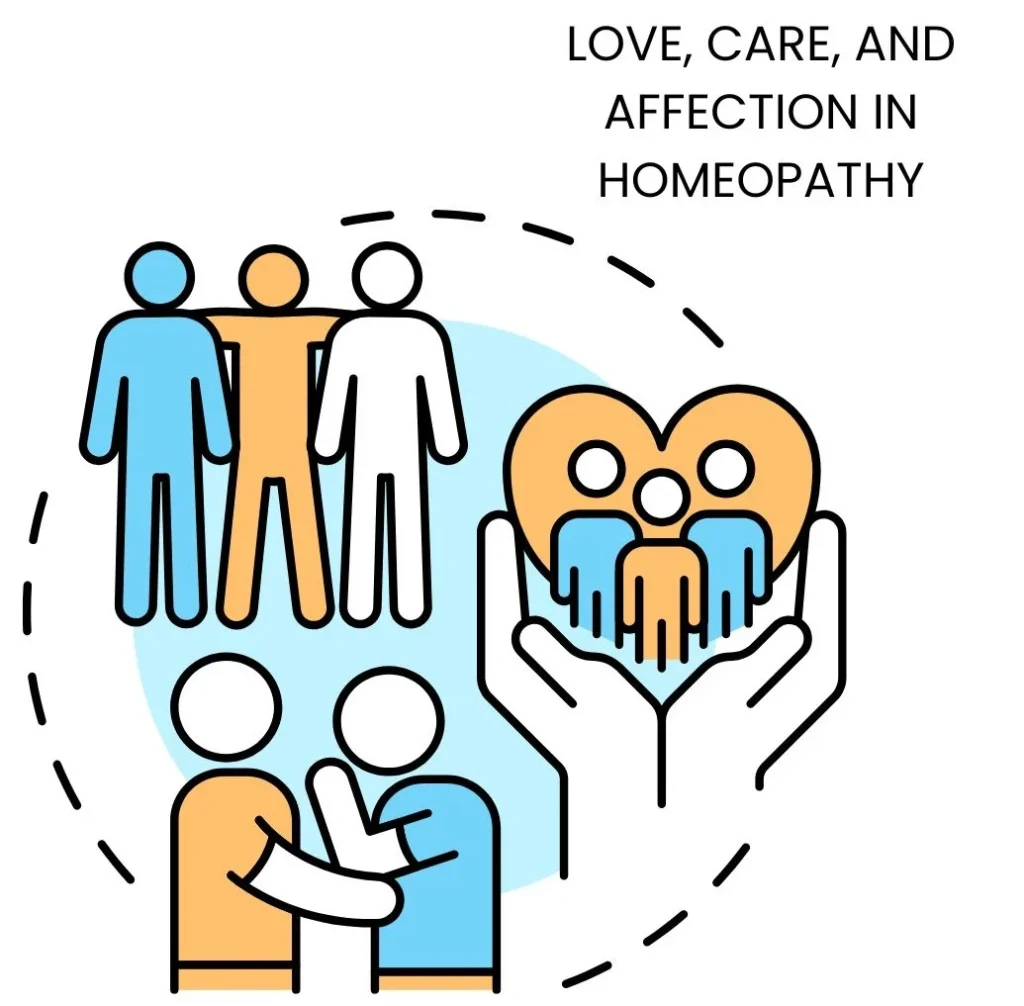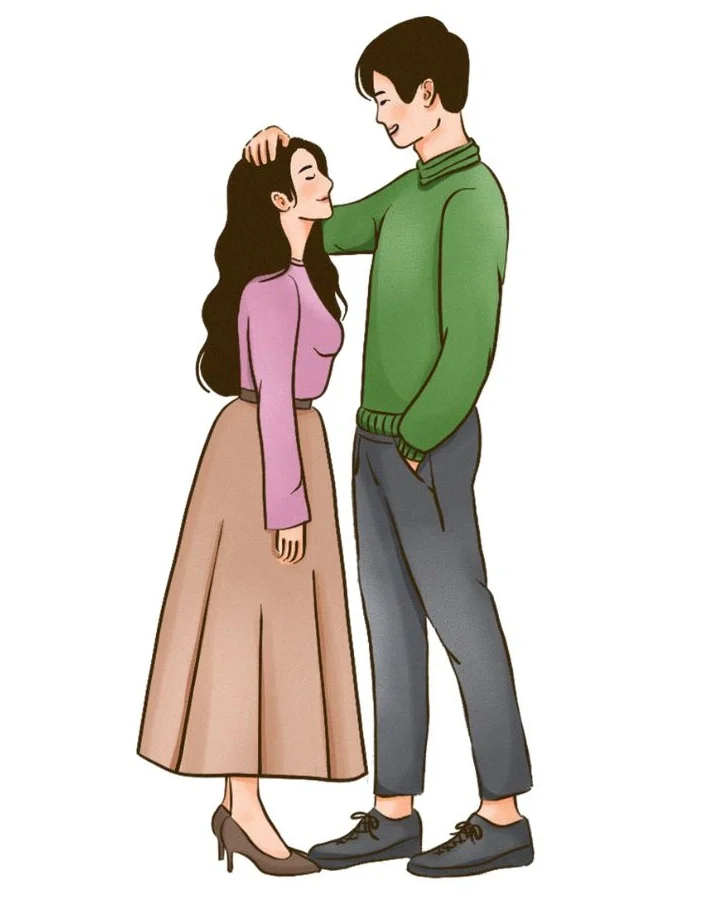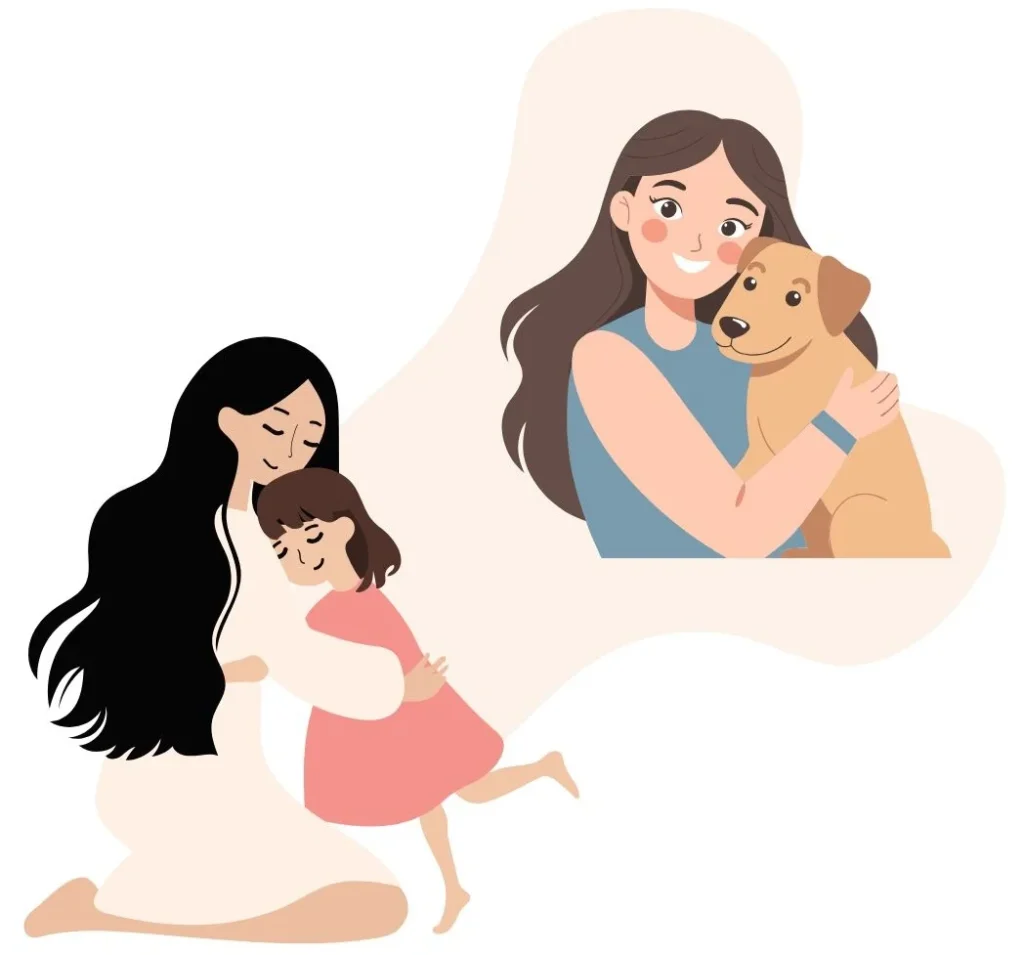
Why This Is Important
When taking a case in homeopathy, we often hear people say they feel unloved, ignored, or emotionally distant.
But those words can mean very different things, and understanding them correctly is everything. Your job is to go deeper.
To ask the right questions and uncover the real story underneath their emotions.
So, ask yourself
- Is this person truly missing love?
- Are they overwhelmed because they give too much care?
- Or are they simply starved of affection?
Each emotion has its own shape, its own pain — and each one points to a different remedy.
Let’s take each one apart and really understand the core of what they mean, how they feel inside the patient, what kind of behaviours they create, and which remedies they lead to.
Table of Contents
Toggle1. LOVE – The Deep Need to Feel Chosen, Valued, and Seen Emotionally

What Love Means
Love in this context isn’t just about romance or being liked.
It’s about feeling emotionally seen, chosen, important — like someone truly cares for you and holds you in their heart.
It’s the kind of emotional nourishment that helps us feel safe and whole.
What Happens When Love Is Missing
When someone feels unloved, the pain is often very deep.
They feel abandoned, invisible, or betrayed. It’s not just sadness — it’s a wound to their identity. They might think:
- “Am I not worth loving?”
- “Why do people leave me?”
- “Maybe I’m too much or not enough.”
This kind of hurt creates long-standing patterns:
- Suppression of emotions
- Deep grief that doesn’t get expressed
- A strong need to protect the heart
- Overachievement or perfectionism to feel worthy
Key Remedies for Broken Love
- Quiet, serious, and emotionally private.
- This person has experienced deep emotional pain from love — maybe from a breakup, betrayal, or childhood neglect.
- They don’t cry easily. They don’t forgive easily. But their heart holds onto pain silently.
- They might even hide their suffering behind politeness or a dry sense of humour.
- Intense emotional contradictions.
- One moment laughing, the next crying.
- They’re extremely sensitive to emotional hurt — especially sudden loss.
- A breakup or death can trigger strange, dramatic symptoms.
- They might sigh often, get a lump in the throat, or feel stuck in grief.
- They long for emotional expression but are overwhelmed by it.
- Often comes from a history of being the “perfect child” — someone who did everything right to earn love.
- These people deeply crave perfect, unconditional love.
- If they didn’t get that love growing up, they can become overly pleasing, overly sensitive, and very hurt by emotional rejection.
In Case Taking, Ask
- “Tell me about a time you felt truly loved.”
- “Who do you love but struggle to express it to?”
- “Was there ever a time you felt abandoned or betrayed emotionally?”
2. CARE – The Need to Give, Help, or Take Responsibility (Even When It’s Too Much)

What Care Means
Care is when love turns into action.
It’s cooking for someone, worrying about them, staying up late to help.
It can come from kindness — but sometimes it comes from guilt, fear, or control.
Some people care because they’re afraid of what will happen if they don’t.
Some because they feel responsible for everyone around them. Some because they believe their worth comes from being useful.
What Happens When Care Becomes a Burden
These people may:
- Always put others first
- Say yes when they want to say no
- Feel anxious if others are upset
- Feel guilty for resting or taking space
And after a while, they burn out. They feel exhausted, bitter, or even resentful — but they keep going, because they don’t know how to stop.
Key Remedies for Over-Caring
- Anxious and controlling care.
- This person might hover, worry constantly, and want everything done a certain way.
- Their care often comes from fear — fear of death, illness, chaos.
- They try to control the environment to feel safe.
- They’re meticulous, organized, but also restless and insecure inside.
- Steady, reliable, and nurturing.
- This person takes responsibility very seriously.
- They care because they believe it’s their duty.
- But they easily get overwhelmed.
- They may fear failure or being judged, so they over-prepare and over-function until they’re completely drained.
- Warm, open-hearted, and generous.
- care because they feel so much.
- They can emotionally sense what others need.
- But they take on too much.
- They give easily, and they get hurt easily.
- After giving too much, they might feel weak, sad, or clingy.
In Case Taking, Ask
- “Do you feel like people depend on you too much?”
- “Do you often put other people’s needs before your own?”
- “When someone’s upset, do you feel like it’s your job to fix it?”
3. AFFECTION – The Need for Warmth, Touch, and Emotional Closeness

What Affection Means
Affection is how we show love — through hugs, soft words, closeness.
It’s not always deep, but it’s important.
It creates safety, trust, and emotional connection.
Some people feel unloved not because they aren’t loved — but because they don’t see or feel that love in touch, tone, or closeness. They’re affection-starved.
What Happens When Affection Is Missing
Without affection, people may:
- Feel cold or emotionally distant
- Avoid touch or become clingy
- Struggle to feel connected even in relationships
Some people want constant closeness. Others find affection smothering or annoying.
Key Remedies for Affection Needs or Aversion
- Soft, sensitive, childlike.
- This person needs affection like a plant needs sunlight.
- They often feel better from hugs, attention, and gentle words.
- But when ignored or left alone, they wilt emotionally.
- They cry easily, are emotionally expressive, and often feel insecure.
- Detached, overwhelmed, and touch-averse.
- These people might love deeply but feel repulsed by affection — especially if they’re exhausted or emotionally drained.
- They often say, “I just want to be left alone.” Physical touch feels like a burden.
- Very affectionate, often needs feedback and closeness.
- They are warm and loving — sometimes to the point of being overly open or too trusting.
- If they don’t get enough affection, they feel emotionally empty.
In Case Taking, Ask
- “Do you enjoy physical closeness, like hugging?”
- “When you’re upset, do you want comfort, or do you want space?”
- “Do you feel emotionally close to your partner/family?”
A Simple Table to Differentiate

Final Thoughts: Don’t Miss the Real Emotion
Many people say things like:
- “My husband doesn’t care about me.”
- “I feel unloved.”
- “I’m tired of being needed.”
But what they really mean may be:
- “He never hugs me.” (missing affection)
- “No one ever really sees me emotionally.” (missing love)
- “I give and give and no one gives back.” (burnout from care)
As a homeopath, your job is to listen deeply. To hear the words — and feel the emotion underneath.
Because once you understand which emotional need is broken, the right remedy becomes clear.
And when you choose the right remedy… real healing begins.
